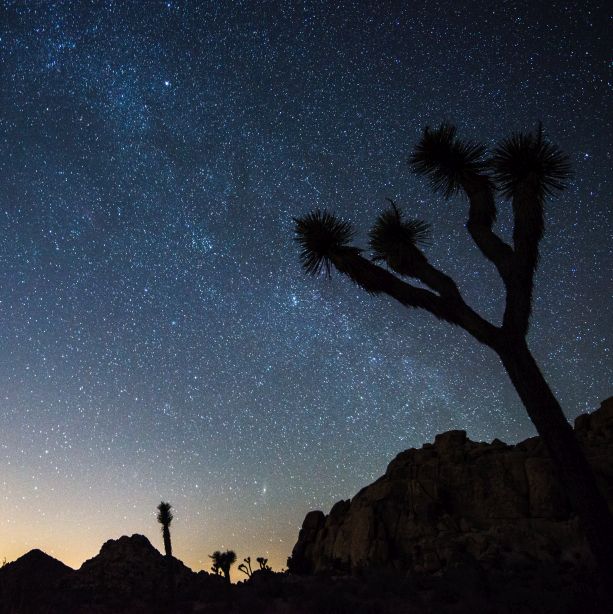
Star light and culture

Mankind, from its early beginnings, looks up into the sky. Up there, we search for gods and the answer to the question, what place we have in this universe. Poets and painters have been enchanted by the night sky, and even without being an artist, we are awed by the beauty of the stars.
The stars are not only the stuff of dreams, but also important for human progress. Navigation and the calculation of time was based on the movements of the stars. Without stars, mankind would not be what we are today.
But today, starlight fades away under the bright glow of the big cities. Only few children in the developed countries have the opportunity to see the milky way. Older people miss star gazing like they casually did in their youth. We are on the way to loose a cultural heritage which is as valuable as the pyramids of Gizeh or the Mona Liza.
Blogposts about this topic
Nature- and neighbour-friendly Christmas lights
Book-Review and Interview: "Under a Dark Sky" by Lori Rader-Day
Moralities of Odienné by Night: André Chappatte talks about an anthropology of light and darkness
Losing control - gaining control: Hannah Ahlheim talks about sleep research
'There's too much light!' Another LightWalk in Berlin
German blogposts about this topic
Von Türstehern und Vergnügungssuchenden
Sterne zählen für die Wissenschaft
Photo: Starry sky above Coachella Valley with lightp pollution at the horizon, by Joshua Tree National Park [CC BY 2.0], via Wikimedia Commons



